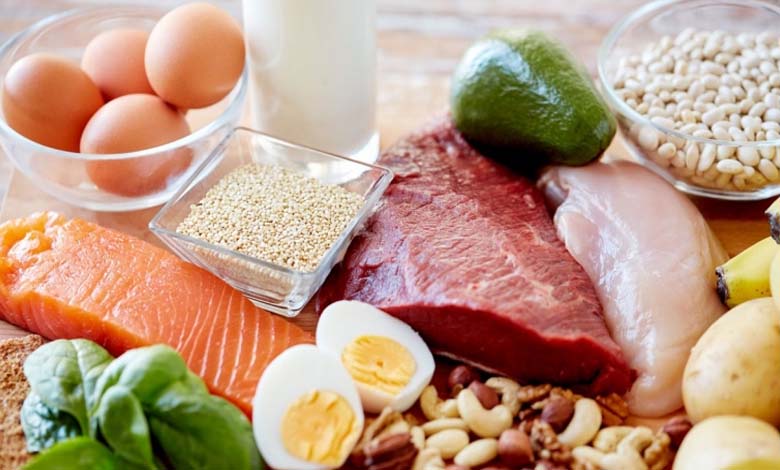Protein-Enriched Foods: Are They Safe for Children?

The consumption of protein-enriched foods has grown significantly over the past decade, driven by marketing campaigns promoting benefits for muscle growth, energy, and overall health. While adults may benefit from certain protein products, their safety and nutritional appropriateness for children remain widely debated. Parents face a dilemma: should protein-enriched drinks, bars, or cereals be introduced into their children’s diets, or should they rely on traditional sources such as milk, eggs, meat, fish, and legumes?
-
Study – Plant-Based Proteins: the Secret to a Long Life
-
Eggs or Almonds? A Comparison of Their Protein Content
Why Protein-Enriched Foods Appeal to Families
Protein-enriched foods appeal to many health-conscious families. Promises of faster muscle growth, increased satiety, and sustained energy resonate with parental concerns, especially in the context of rising sedentary lifestyles and childhood obesity. Protein-fortified dairy drinks, energy bars, and snacks are seen as a way to address potential dietary gaps.
Protein Requirements in Children
Protein needs vary according to age, sex, weight, and physical activity level. According to the World Health Organization (WHO), a child aged 1–3 years requires about 13 grams of protein per day, a 4–8-year-old about 19 grams, and a preadolescent 9–13 years old between 34 and 46 grams per day, depending on sex. Most balanced diets naturally provide these amounts through regular consumption of animal and plant-based products.
Introducing highly protein-fortified foods may lead to excessive intake, which is not without risk. Very high protein consumption can strain the kidneys and liver, disrupt water balance, and reduce intake of other essential nutrients such as carbohydrates and fats, which are critical for growth and neurological development.
Safety and Potential Side Effects
Research on the safety of protein-enriched foods in children is limited. Some studies suggest that moderate consumption is generally well tolerated, but regular intake of highly concentrated products may cause digestive issues, bloating, and diarrhea. Additionally, some products contain additives, sweeteners, or artificial flavors, the long-term impact of which on children’s health remains unclear.
Experts emphasize the importance of dietary diversity. Children should have diets rich in fruits, vegetables, whole grains, healthy fats, and varied protein sources. Relying solely on fortified products can create nutritional imbalance or even psychological dependence.
Recommendations from Health Professionals
Pediatricians and nutritionists generally agree on several points:
- Children with balanced diets typically do not require protein-enriched foods.
- Introducing these products may be appropriate only for children with specific needs: intense physical activity, feeding difficulties, or identified deficiencies.
- The quality of protein matters: complete proteins from eggs, milk, lean meat, or legumes are preferable to industrial protein isolates.
- Reading labels carefully and monitoring sugar, salt, and additives content is essential.
-
How to Protect Yourself from Recurrent Gallbladder Inflammation Attacks
-
A New Health Benefit of the Mediterranean Diet: A Shield Against Chronic Inflammation and Metabolic Disorders
In summary, protein-enriched foods are not inherently harmful for children, but their consumption should be regulated and limited. They do not replace a varied and balanced diet, which is essential for growth, cognitive development, and overall health. Parents should prioritize natural protein sources and consult healthcare professionals before regularly incorporating fortified products into their child’s diet.
Vigilance and moderation are key: excess protein, even in fortified form, is not necessarily beneficial and can pose long-term risks.












